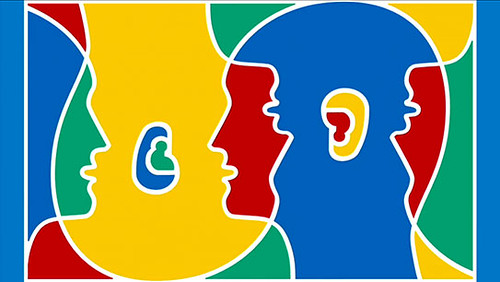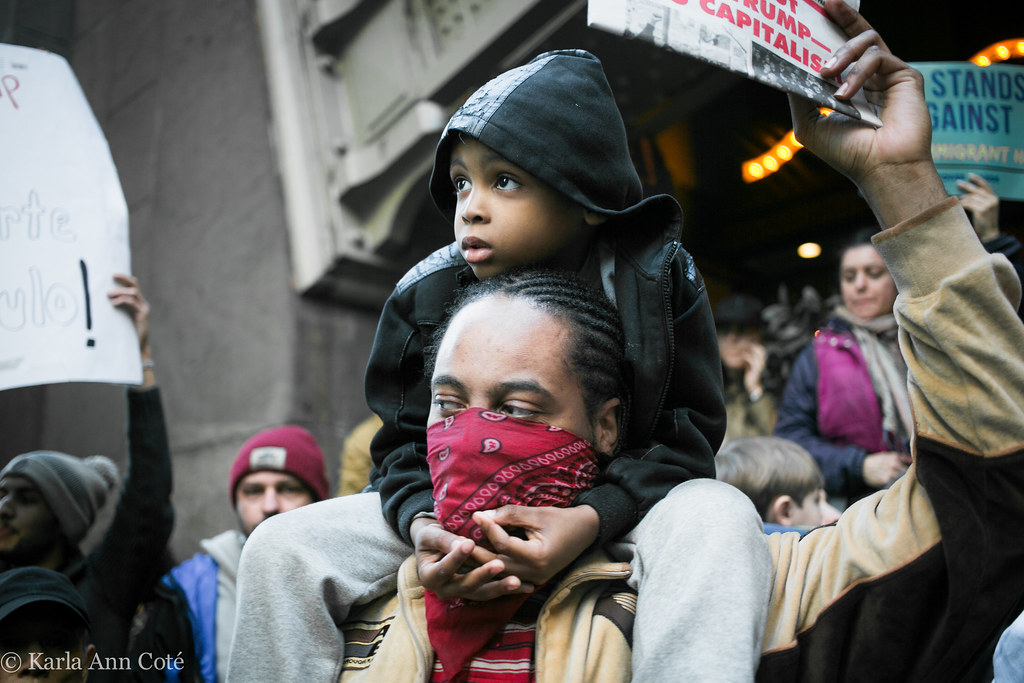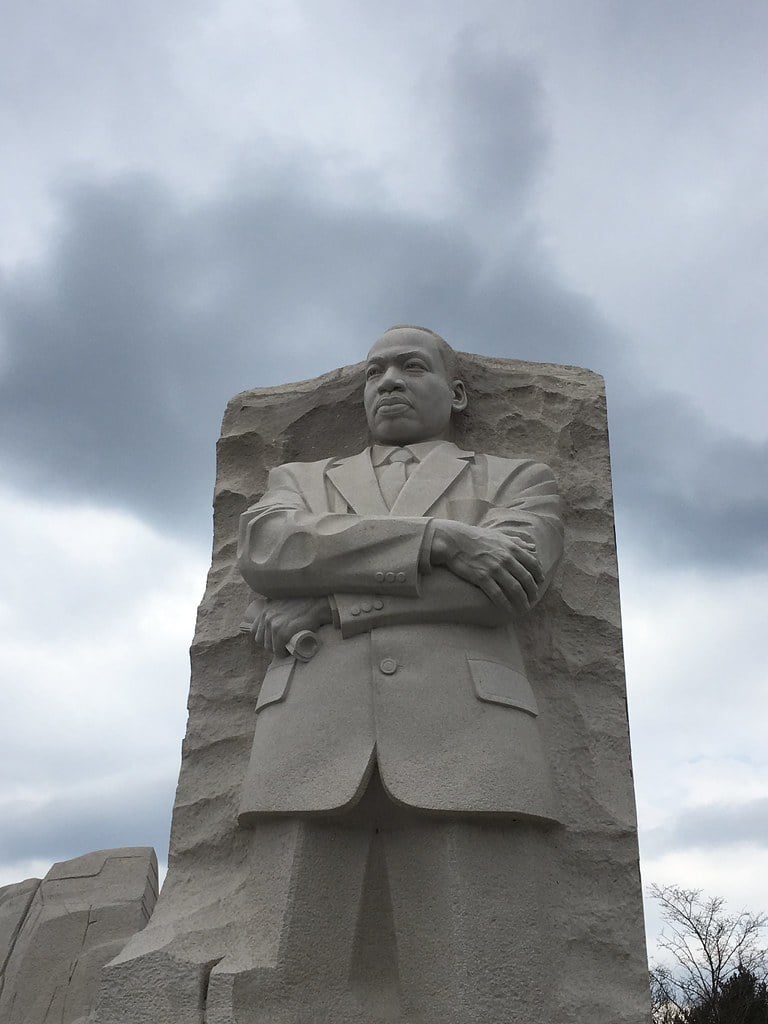Why Language Matters For The BLM Movement
In the past few weeks, Americans have turned out by the thousands to protest racial inequality and support the Black Lives Matter movement. The scope of the movement is incredible, and it goes without saying that language, and the way we use it, is particularly vital to its success.
Let’s take a look at how language can have positive or negative effects on social movements, like Black Lives Matter.
All Lives Matter

Table of Contents
Photo via Flickr
#AllLivesMatter has been making the rounds on social media lately — usually in response to posts sporting the #BlackLivesMatter motto. On the surface, All Lives Matter might come across as a positive phrase. You may be thinking: surely, it’s not a bad thing to care about the lives of all human beings, right? But the issue here isn’t caring about all lives, but rather acknowledging that society has a long history of treating certain people with more importance, based solely on the color of their skin. It’s pure semantics: all lives DO matter, but our collective actions don’t always support these words. Posting #AllLivesMatter in any form, even alongside #BlackLivesMatter, only serves to dilute the purpose of the movement. It shifts the focus away from individuals who, for too long, haven’t experienced the sort of equality this particular phrase seems to tout. Thus, this is a prime example of how context can profoundly affect language meaning.
These THUGS…

Photo via Flickr
There is a lot to unpack when it comes to the word thugs. The term may be foremost in the nation’s collective rhetoric these days, but it actually has a long, toxic history of being weaponized against the Black community. Assigning the term fosters stereotypes of POC as unruly, loud, and dangerous, and it can be used in effective and damaging ways. While rioters who destroyed property following the Philadelphia Eagles Superbowl win in 2018 were simply labeled as overzealous fans, BLM protestors are liberally saddled with the word thug, regardless of whether they’re peaceful or not. The use of thugs, especially by US President Trump, is again a verbal weapon. It is an attempt to paint the protests in a negative light, and to make participants seem threatening when, in fact, most are just the opposite.
Going international

Photo via Flickr
With protests happening all around the globe, Black Lives Matter has become one of the largest civil rights movements in history. From New Zealand and the UK to the Netherlands and Canada, people have taken to the streets, not only to protest the racial injustices in America, but to force their own leaders to make changes that promote equality. As we head into week two of the protests, many people are wondering how to keep the momentum going on an international scale. Although countries around the world have adopted English slogans during the protests, it’s important to consider the value of languages in driving home such an important subject. The nuances of racial issues can often be lost when people are reading about it in a second language. While many online forums provide resources in widespread languages, like Spanish, some of the more popular materials — such as Me and White Supremacy by Layla F. Saad — are still not available in multiple languages. Inclusivity is one ethos of Black Lives Matter, and making resources available to people of all backgrounds and cultures is vital. It’s the only way we, as a global community, can educate ourselves and strive to do better.
Languages are a celebration of diversity, and multilingualism enables distinct cultures and peoples to connect and understand one another. If you’re feeling inspired by the international reach of the BLM movement, why not learn a new language? Drop us a quick inquiry to learn how our native-speaking tutors can create language courses to suit your unique goals and needs!


